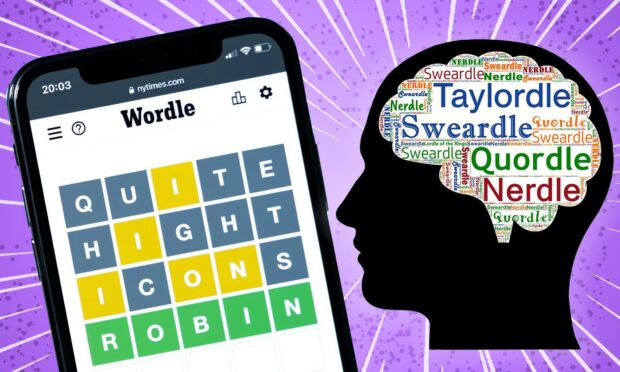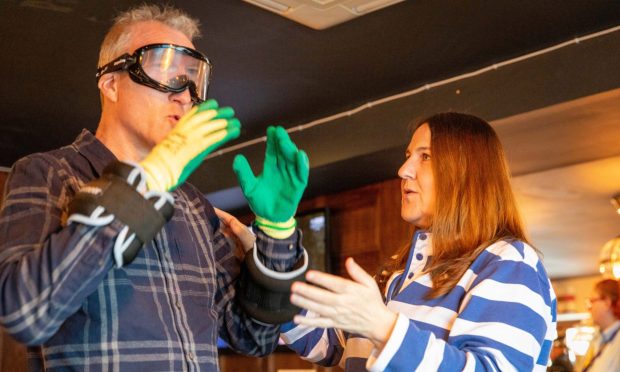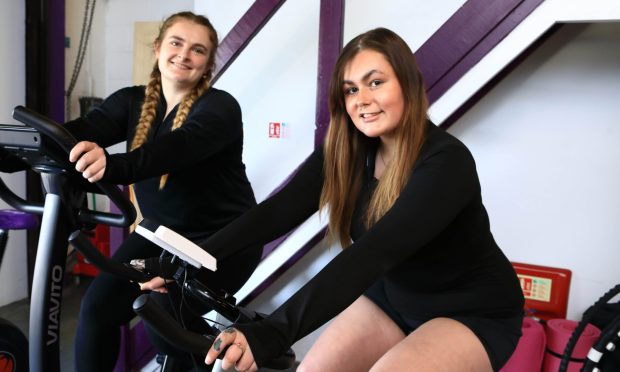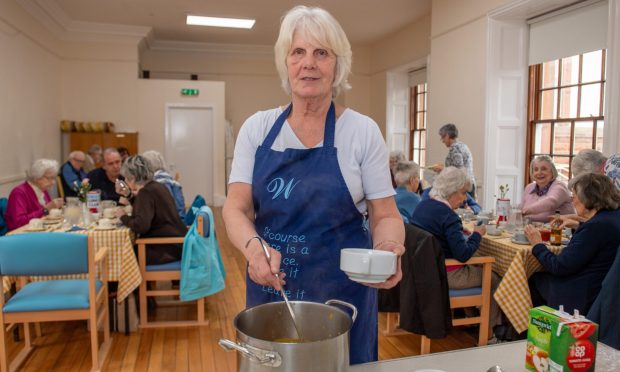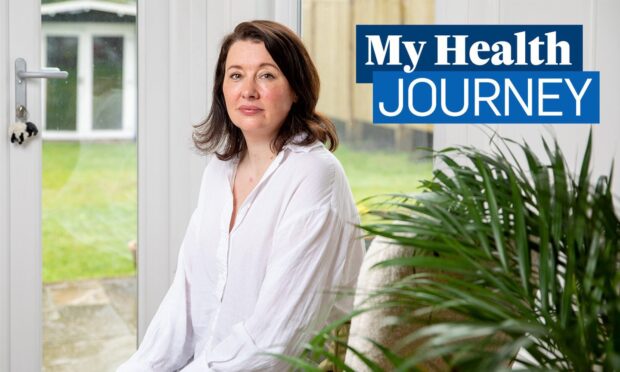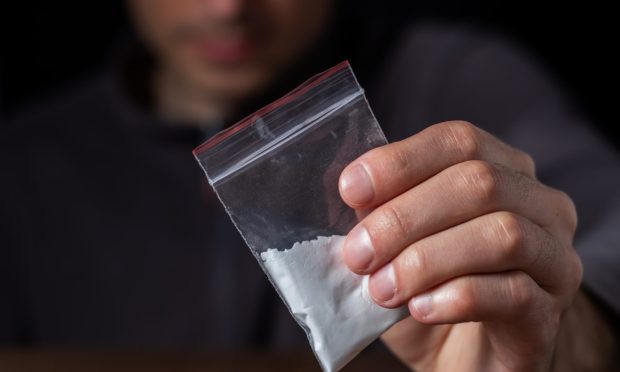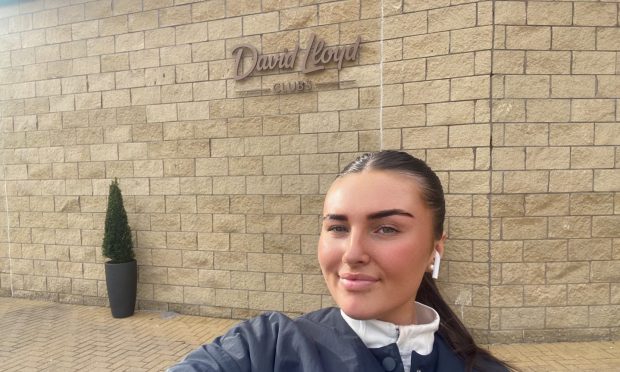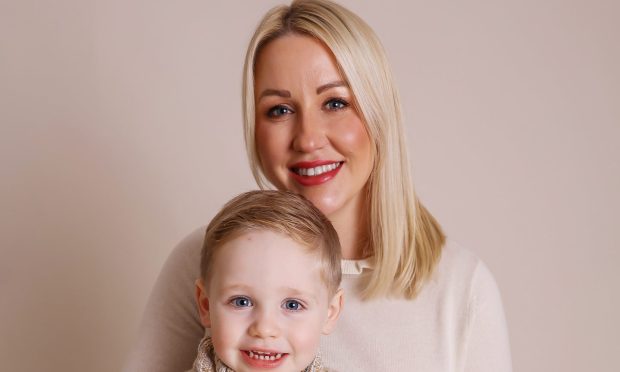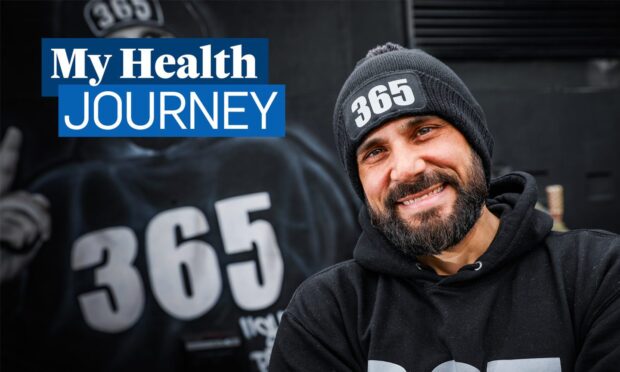Wordle, the online word game, is soaring in popularity in Tayside and Fife with players posting scores on social media – and eagerly awaiting a new puzzle each day.
Dozens of variations of the game have sprung up since it first created a worldwide online buzz last month.
But can playing any of these games really help your brain power or mental health?
We talk to a Scottish expert about the impact of playing games on health – and give you a rundown of 9 Wordle spin-offs.
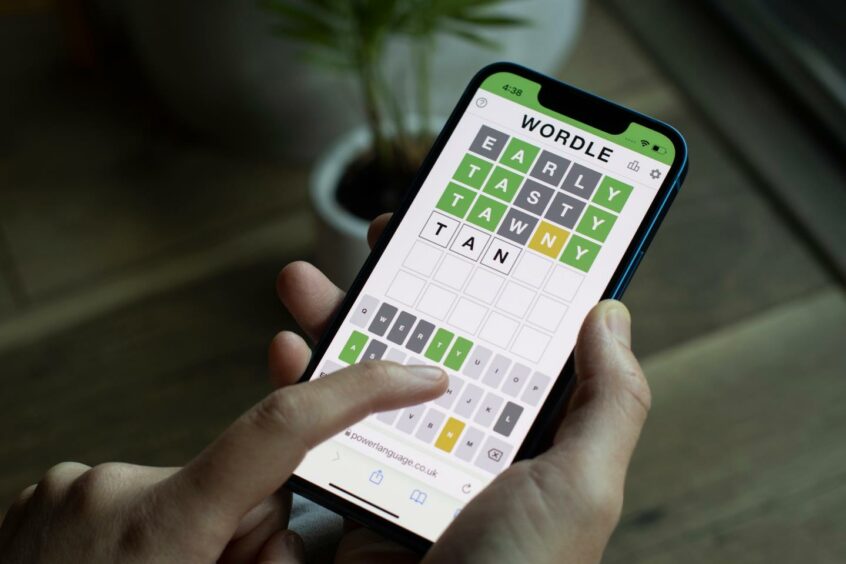
Drew Altschul is a postdoctoral research psychologist at the University of Edinburgh.
His research – which has tracked a group of Scots pensioners since they were 11 years old – explores links between health and cognitive abilities, particularly game playing.
Drew explains: “The Lothian Birth Cohort tested cognitive abilities of the group when they were 11. Ian Deary, my supervisor, found those records and followed up with the people who are now in their 70s and 80s.
“As soon as people get to adulthood you see differences in cognitive ability. So you can’t really get a peak measure of it unless it’s taken early in their lives.
Brain scans
“So many studies have been done trying to understand how brain training or mental games can impact cognitive decline.

“So we looked at whether those who played games – anything from board games to bingo, cards to crosswords – when they were 70, had better cognitive function compared to when they were 11.
“They took the exact same test, they had brain scans. We collected, every three years, very detailed information about their health and their abilities.
Can Wordle make you smarter?
“What we found was the lifestyle of playing games is what seemed to be the protective. Those kind of people, we found, have less cognitive decline.
“Wordle requires thought, a reliance on memory as you think of words, letters or arrangements you’ve used. So its positive effects will be the same as other games.”
However, Drew cautions, it isn’t likely to make you smarter!
Wordle 239 3/6
⬜⬜⬜⬜🟨
🟨🟩⬜⬜⬜
🟩🟩🟩🟩🟩Surprised myself with that one.
— Fred MacAulay (@fredmacaulay) February 13, 2022
“On balance of evidence, playing games is good for mental health and wellbeing. You get enjoyment out of it, it is enriching, fun, cheap, these are good things, no downsides,” he says.
And he agrees the social aspect of games can help with loneliness too. Which may explain some of Wordle’s success.
Get in
Wordle 237 2/6
⬜⬜⬜🟩🟨
🟩🟩🟩🟩🟩— David Clegg (@davieclegg) February 11, 2022
Wordle 241 2/6
'I would like to thank God, I would like to thank my teachers, I would like to thank the Academy…'
🟩🟩🟩⬜⬜
🟩🟩🟩🟩🟩— Richard Osman (@richardosman) February 15, 2022
“Yes, there is that social side to Wordle,” Drew continues. “And also a performative aspect where people post results when they do well.” It starts a conversation.
Now try these…
9 Wordle spin-offs
Wordle archive
Every game written by Welsh-born creator Josh Wardle who devised the viral online game for his girlfriend before selling it to the New York Times.
Wordle unlimited
If one a day is just not enough for you. The original – as many times as you want.
Crosswordle
A mini-crossword grid where you guess two connecting words at once.
Quordle
There are four words in the grid to work out, all at the same time. Not easy!
Nerdle
The maths version. Can you work out what the sum is?
Swordle
Star Wars fans will be in their element with this daily word puzzle.
Hellowordl
Like the original game – but you choose how long the word is from 4 to 11 letters.
Taylordle
Taylor Swift-themed version of the original.
Sweardle
For when you’re having a very bad day. Not for the easily-offended.
- Do you love games, puzzles or have a unique way to train your brain? We’d love to hear from you about that or any health and wellbeing story you have. Contact us healthandwellbeing@thecourier.co.uk
